Guide to Stainless Steel Finishes
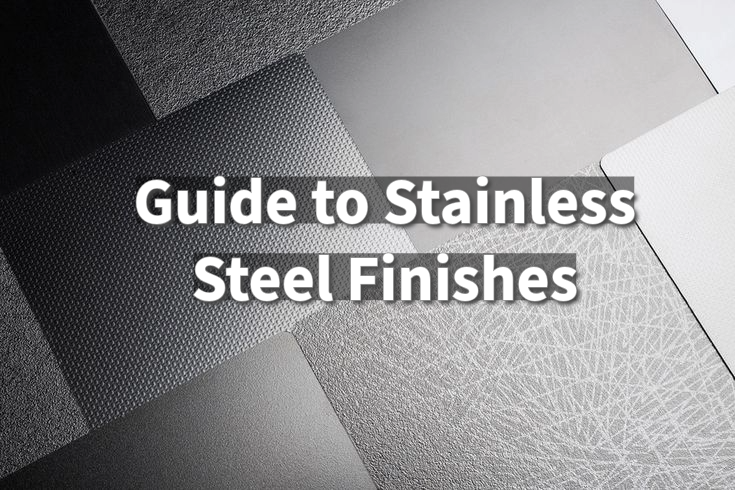
Explore the most popular stainless steel finishes and how they can enhance your creations — both visually and functionally.
Introduction
Stainless steel finishes create different looks—some are shiny, while others have a brushed or sandblasted texture.
Beyond aesthetics, the finish also affect functionality. This guide explains the key characteristics and uses of common stainless steel finishes in manufacturing.
Types of Stainless Steel Finishes
Brushed Finish
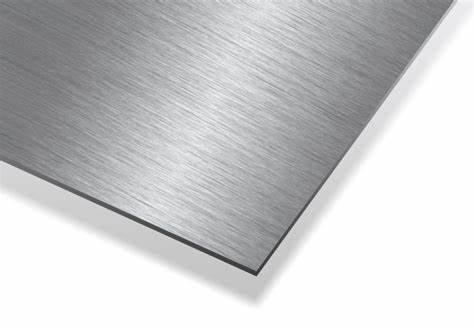
Made by wire brushing which leaves fine parallel tracks. Gives a non-glare softened appearance.
Commonly used for kitchen appliances, architectural panels andequipment where fingerprints won't matter.
Mirror Finish
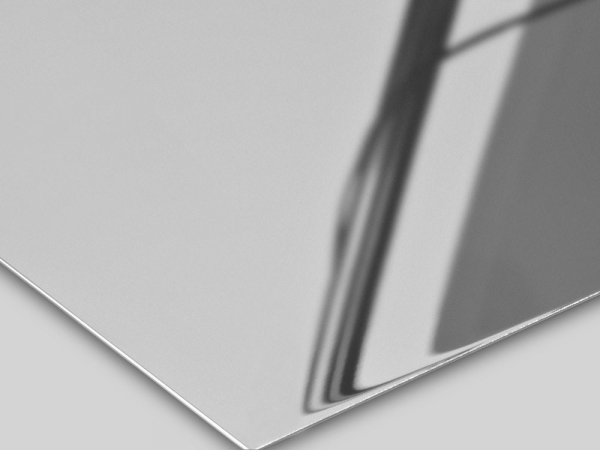
Achieved through sequential polishing until surface is very smooth and reflective like glass. Provides maximum shine suitable for food processing areas where visual inspection is important.
Often seen on industrial equipment or interior finishes that need regular cleaning.
Satin Finish
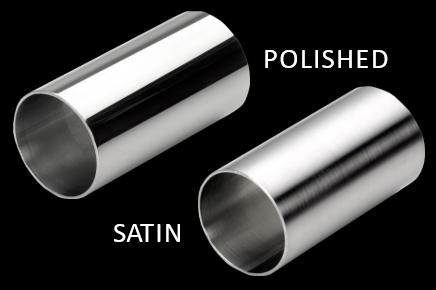
A semi-reflective surface created by electro-polishing or mechanical polishing to a satin sheen. Doesn't show fingerprints or smudges.
Popular for restroom fixtures, laboratory equipment and architecural trim pieces where a lustrous look is desired.
Matte Finish
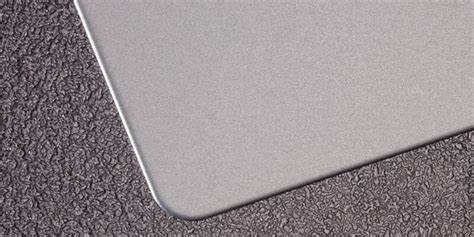
An extremely non-reflective result of processes like bead blasting or chemical etching. Has a smoother texture than brushed but feels very comfortable to touch.
Common on railings, medical equipment, and appliances where glare needs to be minimized.

Surface Treatment Processes
These methods are used to create or enhance stainless steel finishes:
Passivation
Passivation involves soaking stainless steel in a solution that contains nitric acid. The acid makes a chemical reaction happen where the steel grows a tiny, clear oxide layer you can't see.
This thin coating helps prevent rust and stains by shielding the metal from oxygen and water in the air. Without growing this layer using the nitric acid solution, stainless steel wouldn't stay shiny or resist rusting as well.
Electropolishing
Electropolishing puts stainless steel in a special acid bath and runs a small electric current through it.
The current helps the acid dissolve tiny high spots on the steel's surface, which makes it incredibly smooth.
This creates a reflective mirror-like finish. It's also used to brighten steel that has darkened from welding, by stripping away the faded color at the weld spots.
Mechanical Polishing
Mechanical polishing uses materials like sandpaper, grinding compounds or special spinning buffing wheels to smooth out stainless steel by hand. These abrasives are rubbed on the steel surface to slowly wear away higher spots.
Multiple steps with finer abrasives are used to gently flatten and brighten the metal until it shines. It takes time but gives a polished mirrored look without chemicals.
Blasting
Blasting projects media like sand or beads onto surface
Sandblasting - Roughens using sand to create matte finishes.
Bead Blasting - Smoother using rounded glass beads for brushed looks.
Coatings and Plating
This process deposit thin layers to alter appearance/properties:
Electroplating - Adds corrosion resistant nickel layer through electrolysis.
PVD - Vacuum deposits hard ceramic coatings like titanium nitride.
Powder Coating - Electrostatically applied polymer paint for colors.
Anodizing
Not common but can naturally color gray aluminum surfaces.
Chemical Treatments
Black Oxide Coating - Chemical blackening used for aesthetic black finishes.
Other Finishings for Stainless Steel
Laser Marking - Engraves identifying codes.
Silk Screening - Applies graphics and logos onto stainless.
Choosing the Right Surface Treatment
There are several important aspects to weigh when selecting a surface treatment:
Aesthetic Preferences
Consider if a highly polished, brushed or matte finish best matches the project's design aesthetic.
Certain treatments likeMirror Finishing create shiny reflections while others like Bead Blasting produce softer textures.
Functional Requirements
Examine the needed durability
Polished finishes show signs of wear more easily while Brushed/Bead Blasted hold up well. Also assess needs for corrosion resistance in demanding environments.
Environmental Conditions
Evaluate if the item will be used mainly indoors where contaminants are less or outdoors with exposure to weather, moisture and UV rays.
Treatments providing barrier layers like passivation or PVD coatings perform better in harsh exterior conditions.
Budget Considerations
Some techniques like electroplating involve added costs of plating chemicals and equipment amortization.
Consider overall budget when deciding between lower cost processes or those enabling premium, high-performance surface qualities.
Common Application Areas
Architectural and Interior Design
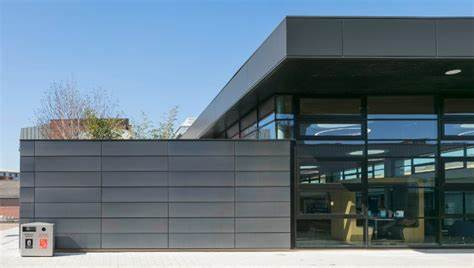
Source: proteusfacades.com
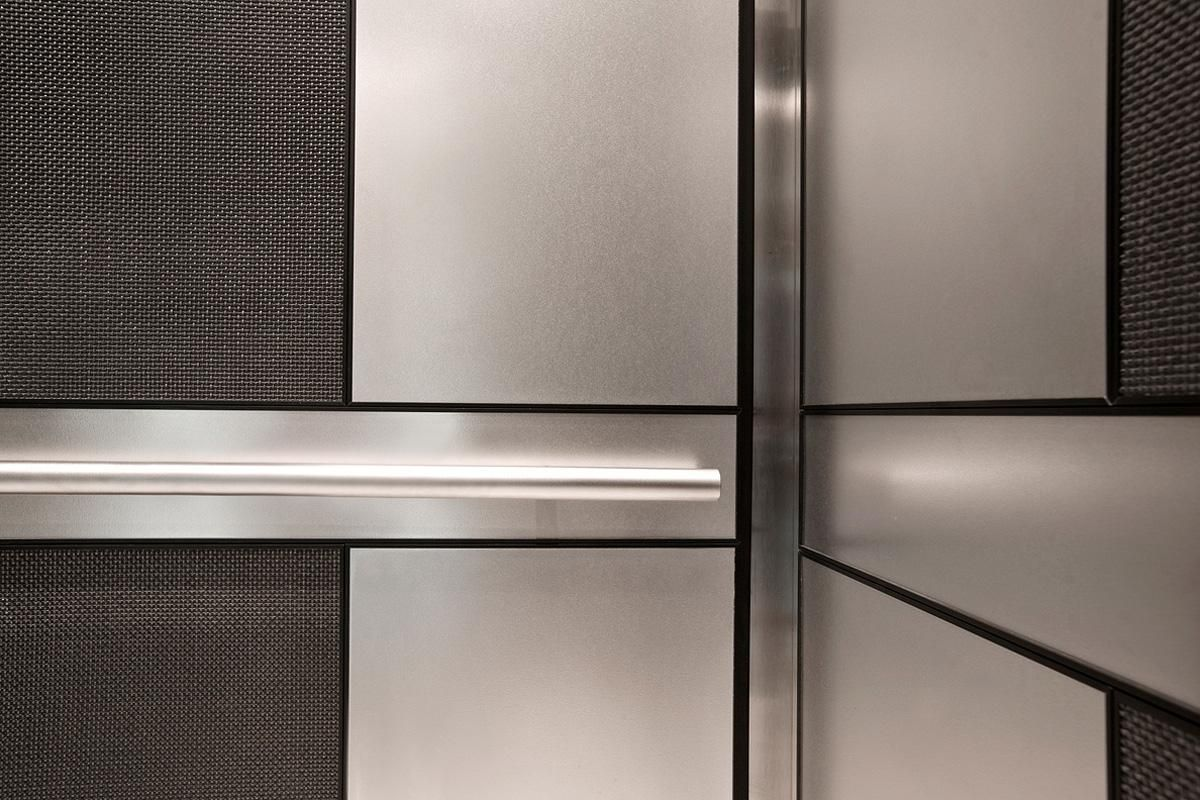
Source: steeldash.com
Industrial and Commercial Uses
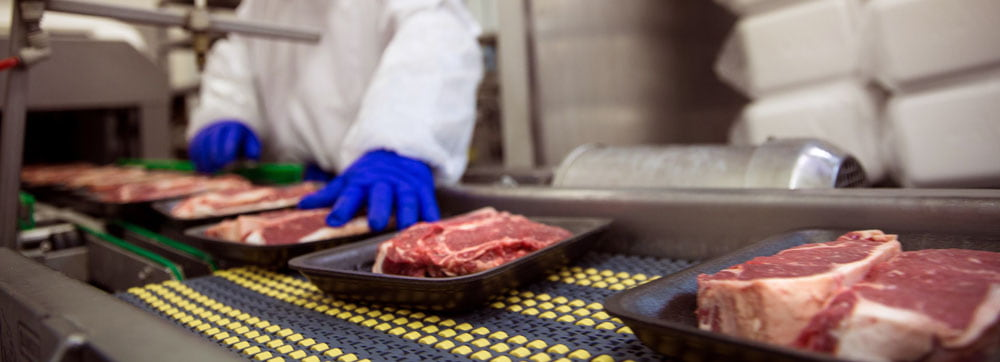
Source: ftiinc.org
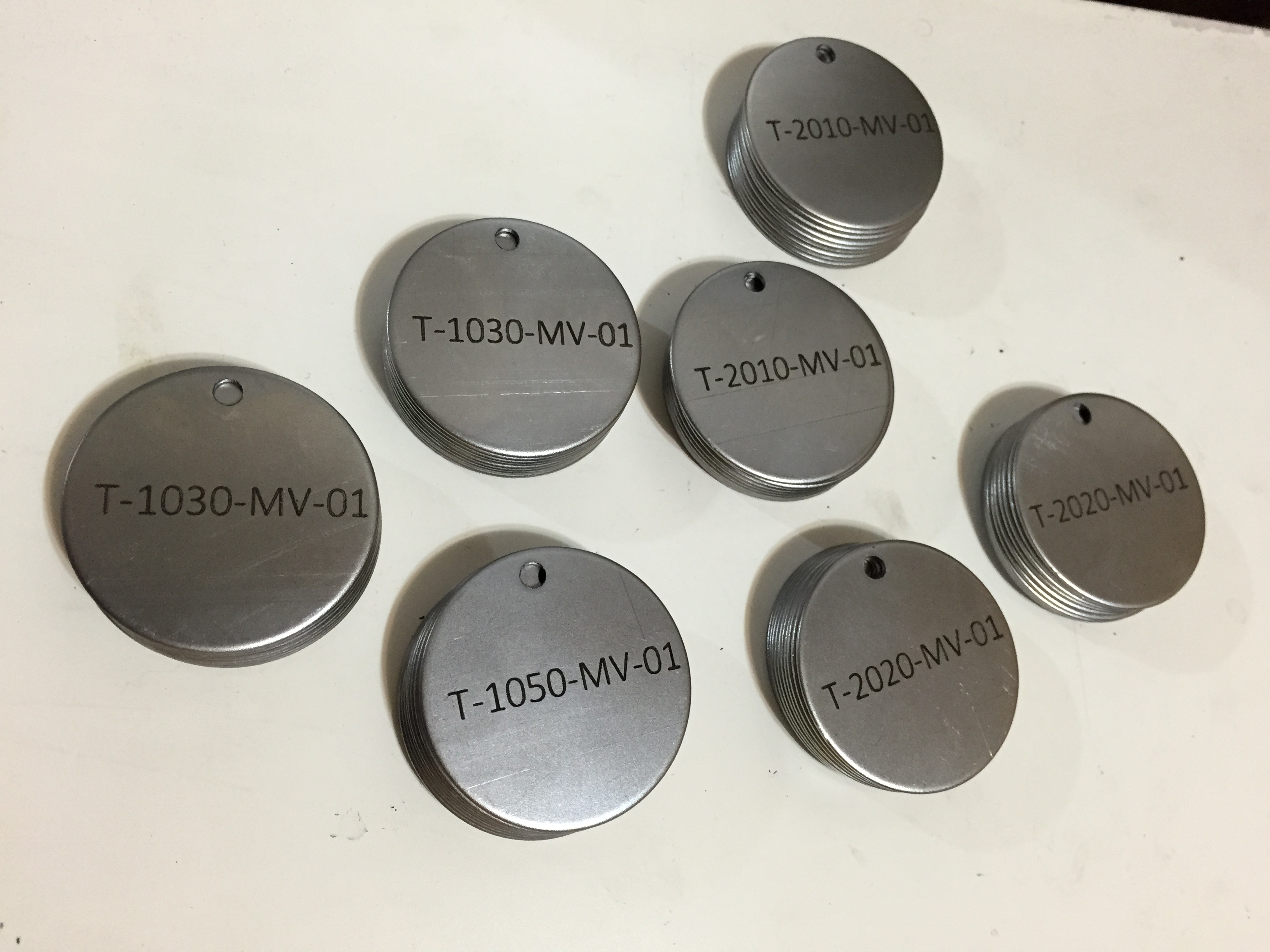
Source: lasercutz.com
Consumer Products
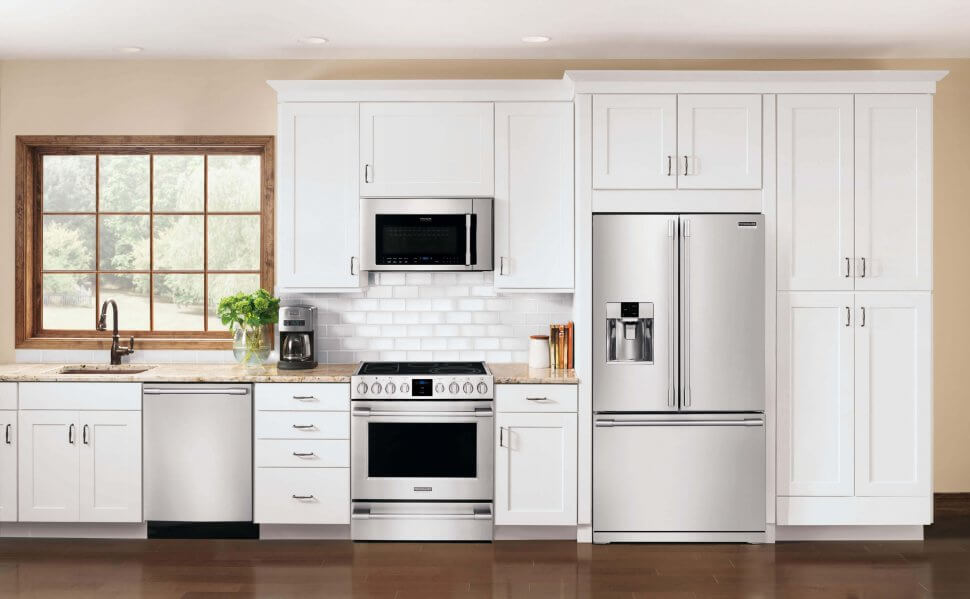
Source: zlinekitchen.com
Caring for Surface Finishes
Proper maintenance helps finishes retain their attractive appearance over the long run.
Cleaning Tips
For polished finishes, use a mild detergent or stainless steel cleaner and soft cloth or sponge.
With brushed finishes, cleaning with the grain prevents swirl marks.
Avoid harsh chemicals or scouring pads which can damage surfaces.
Protection Strategies
Bead blasted and brushed finishes show fingerprints less so regular wiping down keeps them clean.
Consider applying a protective polish to high-traffic polished surfaces like door handles which see heavy use.
Don't let chlorides from pools or snow sit on stainless as they cause pitting if not rinsed.
Conclusion
Understanding finishes is key to getting the perfect steel for whatever project you have.
With all the finish options and treatments, you can get stainless steel for almost any purpose, from home appliances to machinery.
Unleash the Full Potential of Stainless Steel
Your vision, our expertise. From concept to creation, we engineer excellence with cutting-edge stainless steel 3D printing and CNC machining. We also offer comprehensive metal finishing options.
Get an instant quote and turn your boldest designs into reality!

